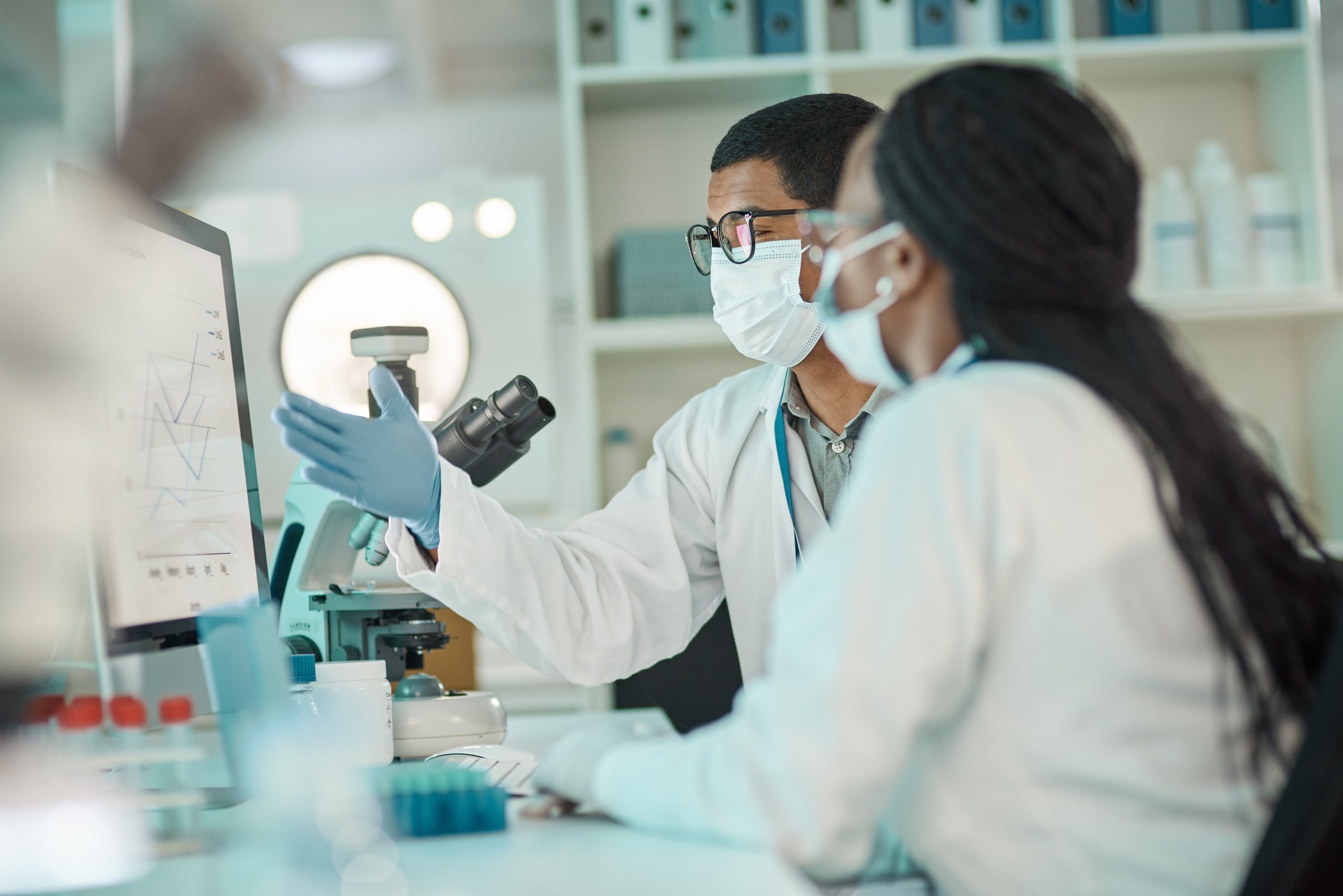BioCryst Pharmaceuticals (BCRX 7.11%) is off to a good start in 2020 after an abysmal performance in 2019. The biotech stock enjoyed a nice boost after BioCryst filed for regulatory approval in Japan for berotralstat as a prophylactic treatment of hereditary angioedema (HAE). Investors' interest has also picked up with the potential for the company's early-stage drug galidesivir in treating the new coronavirus, COVID-19.
Now there's even more good news for BioCryst. The company announced its 2019 fourth-quarter and full-year results before the market opened on Thursday. Here are the highlights from BioCryst's Q4 update.

Image source: Getty Images.
By the numbers
BioCryst announced that its revenue in Q4 skyrocketed 1,370% year over year to $39.7 million. This result blew past the average analysts' estimate of $9.88 million.
The company reported a net loss of $2.6 million, or $0.02 per share, based on generally accepted accounting principles (GAAP). But this was significantly better than the net loss of $27.4 million, or $0.25 per share, posted in the same period in 2018. It also handily beat the consensus Wall Street estimate of a net loss of $0.26 per share in Q4.
BioCryst ended the fourth quarter with cash, cash equivalents, and short-term investments of $137.8 million. This was an increase from the $128.4 million on hand as of Dec. 31, 2018.
Behind the numbers
The huge revenue jump in Q4 stemmed mainly from an up-front payment from Torii Pharmaceutical for commercialization rights to berotralstat in Japan. BioCryst recognized $20.1 million of the $22 million from this payment in the fourth quarter. In addition, the company generated $13.9 million in sales from flu drug Rapivab.
BioCryst's operating costs increased 42% year over year to $39.8 million. Research and development costs rose nearly 15% to $26.8 million primarily as a result of higher spending on the company's complement-mediated diseases program and other preclinical programs. The company's selling, general, and administrative expenses also more than doubled from the prior-year period to $10.5 million, with the increase stemming primarily from higher spending on preparing for the U.S. commercial launch of berotralstat.
The drugmaker's cash stockpile was boosted by the upfront payment from Torii and an equity offering in November 2019 that generated net proceeds of a little over $100 million. BioCryst expects its cash position will be enough to fund the U.S. launch of berotralstat and its operations through the rest of this year.
Looking ahead
BioCryst expects that net operating cash use for full-year 2020 will be between $125 million and $150 million. The company anticipates operating expenses will be in the range of $135 million to $160 million.
The Food and Drug Administration should make its approval decision on berotralstat by December 2020. Assuming the drug gets a thumbs-up, BioCryst should quickly move forward with its commercial launch. This should be the primary catalyst for the biotech stock this year, but there are also other milestones on the way. BioCryst plans to submit for European approval of berotralstat later this month. It also expects an approval and launch of the drug in Japan in 2020.



